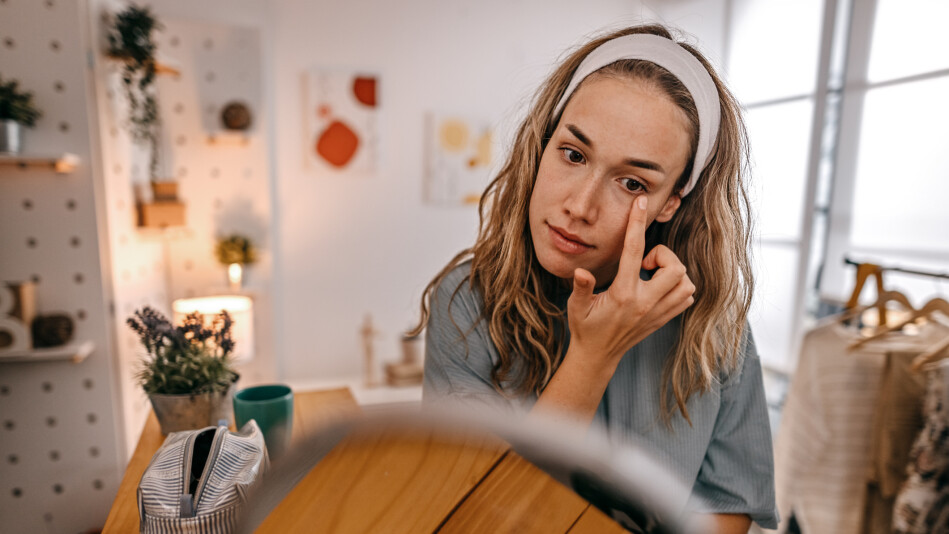3 Reasons to Never Skip Eye Cream
O's beauty director urges you not to skip the eye cream.

Photo: mixetto/Getty Images
I've said it before and I'll say it again: When it comes to facial wrinkles, crow's-feet are the least unbeautiful. After all, you get them from smiling and laughing (okay, and squinting). Still, if you want to look fresh and youthful, you'd be wise to take care of the skin around your eyes. Researchers at Olay have found that the eye area ages earlier and faster than the rest of the face and can look up to 20 years older. Why? Under-eye skin is thinner, produces less oil, and has a weaker barrier, so it loses moisture more quickly, says Frauke Neuser, PhD, Procter & Gamble principal scientist. It also loses elasticity more rapidly. But getting back to the bright side: There's help!
Q. Why can't I just use my regular moisturizer around my eyes?
You could. You could also run a marathon in your street shoes. Eye creams are formulated specifically for that area's delicate skin, says Mary Lupo, MD, clinical professor of dermatology at Tulane University School of Medicine. They're also less likely to irritate your eyes because their consistency prevents them from migrating, and even if they do, the ingredients shouldn't sting.
Q. What's the best treatment for dark circles?
That depends on what's causing your discoloration. If you apply pressure to the dark area and it disappears, your issue is probably visible blood vessels beneath the skin. If the shadow doesn't disappear with pressure, excess pigment is the likely culprit. Glycerin, vitamin K, and arnica can help reduce the appearance of shadows, as may peptides, which help strengthen and thicken skin so blood vessels are less apparent, says Lupo. The vitamin A derivative retinol, soy, kojic acid, and licorice can help lighten pigment, as might an enzyme from salmon roe (eggs), which has been shown to help dissolve dead skin cells gently, brightening the skin with little irritation.
Q. My bugaboo is puffiness. What ingredients should I look for?
For puffiness caused by fluid retention (you're looking especially Magoo-like the morning after a feast of dumplings and chow mein), use a cream containing caffeine to constrict blood vessels, vitamin K to help support capillaries, and anti-inflammatories like green tea and resveratrol. The only permanent solution for puffiness caused by fat pads is blepharoplasty (surgery), says Lupo.



